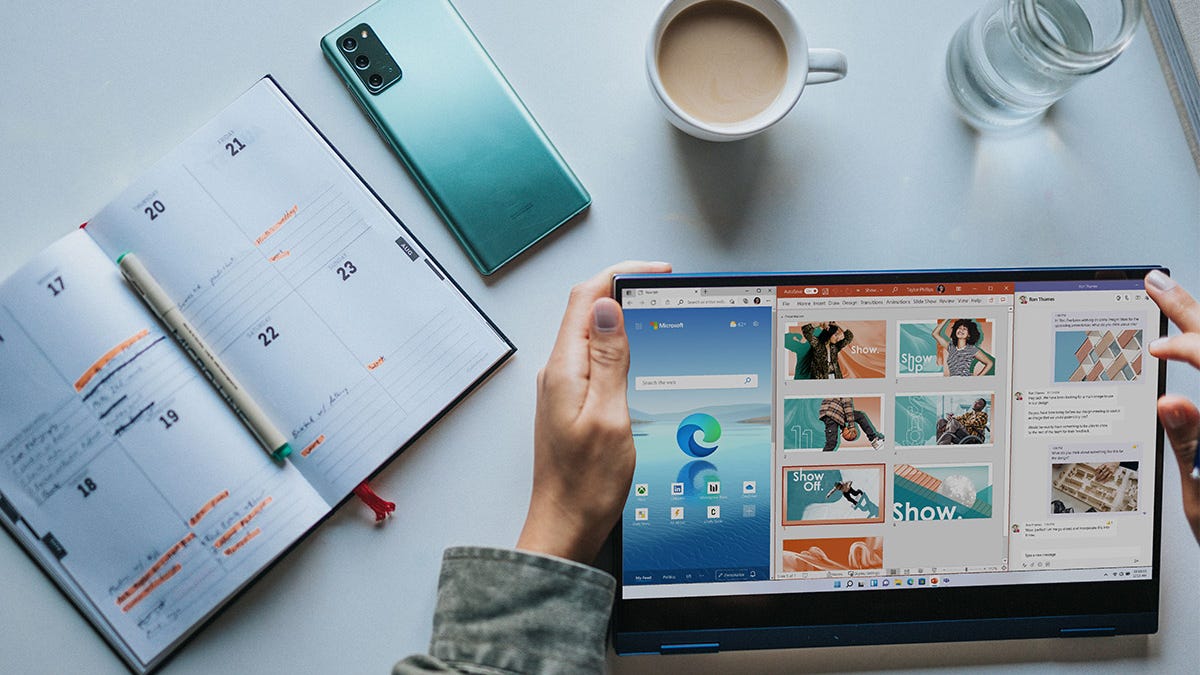BOOK THIS SPACE FOR AD
ARTICLE ADGoogle's Android 15 is launching later this year. But Google is already talking about some of the important security updates users can expect when it's made available.
The tech giant said on Wednesday that it's planning a host of security updates for Android 15 and its Google Play marketplace that could ultimately improve user security. In a blog post, Dave Kleidermacher, vice president of engineering, Android security, and privacy, said his company is committed to ensuring "user safety is a top priority." The updates unveiled in his blog post center mainly on "fraud and scam protection features" that will close some of the loopholes malicious actors use to target Android users.
Also: 5 exciting Android features Google just announced at I/O 2024
That said, the updates will be coming to Android 15, an operating system that Google is currently testing in beta and won't be made available to its entire user base until later this year. So, while the updates will undoubtedly help some users, their effect won't be felt until Android 15 launches sometime this fall.
Here's a brief rundown of the major security and privacy updates coming to Android 15.
Screen-sharing hacks
During those times when you're sharing your screen, notifications can pop up, you may be required to input passcodes, and more. But in Android 15, Google is addressing that problem.
An upcoming update will automatically hide any hidden notifications or One-Time Passcode requests when users are sharing their screens. Additionally, Google said that it will hide the screen from those viewing a shared screen when users input usernames, passwords, or credit card numbers.
Also: 9 biggest announcements at Google I/O 2024: Gemini, Search, Project Astra, and more
Google added that Android 15 will pave the way for any device to choose, upon sharing, whether to share an entire screen or a single app. That feature is currently available in Google's Pixel devices, but not on other Android-based hardware.
Live Threat Detection
In its blog post, Google said that it's currently using its Google Play Protect feature to scan 200 billion Android apps each day for malware. But it's now upping that game with help from AI.
Going forward, Google Play Protect will now use AI to "analyze additional behavioral signals related to the use of sensitive permissions and interactions with other apps and services," Google said. The feature, which will happen in real time, can then send the app acting in a suspicious way to Google's own detection tool to determine if it contains malware and should be disabled.
Also: The best Android phones to buy
Google didn't say exactly when the feature will launch, but said it'll be available on a range of Android devices from Google, Oppo, Honor, Lenovo, OnePlus, and others "later this year."
One-Time Password Protection
One-Time Passwords are critical in allowing users to quickly get access to apps. But there's one problem: They show up in notifications, allowing someone snooping on a device to see them and use them for their malicious practices.
Google is addressing that problem in Android 15 by hiding them from notifications, thus eliminating the possibility of someone viewing an Android user's screen from logging in to their account.
Also: 5 useful features iOS should steal from Android
Additionally, Google said that Android 15 will ship with enhanced restriction settings, giving users the ability to disallow apps to gain access to the device without their approval.
Cellular connection safeguards
Some bad actors use cell site simulators to intercept cellular traffic and defraud users. But Android 15 will address that.
Google's upcoming software launch will notify users if they're on a cellular network connection that is unencrypted, and will inform "journalists or dissidents" if it notices that their phones are connected to a surveillance tool being used to record their locations, the company said on Wednesday. In the case of unencrypted networks, the stakes are high: If users are connected to a malicious connection, scammers can listen in on their calls, see their messages, and more.
.png)
 6 months ago
67
6 months ago
67 















 Bengali (Bangladesh) ·
Bengali (Bangladesh) ·  English (United States) ·
English (United States) ·